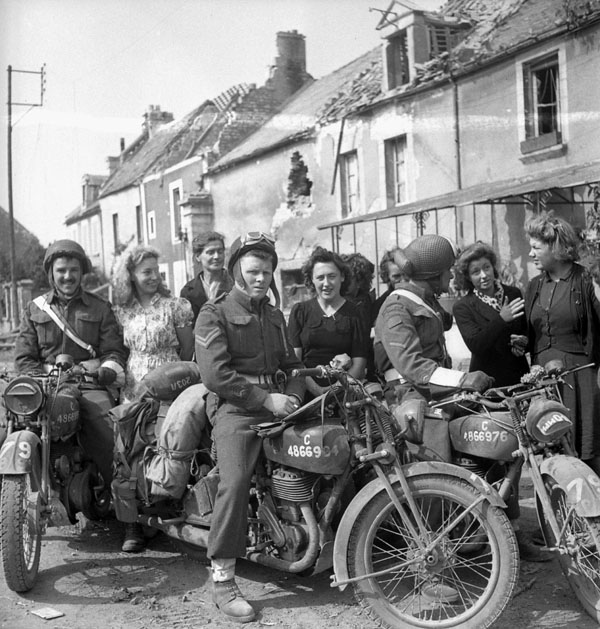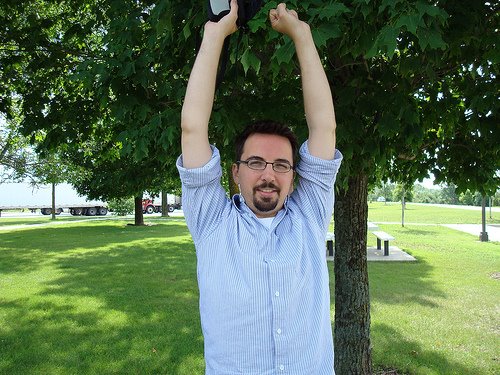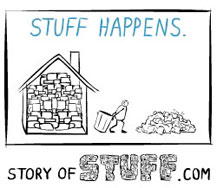We have terrific features including Peter Seixas discussing historical thinking, Catherine Duquette looking at controversies in the classroom, Eric Langhorst using technology to spark learning, Anne Tenning on the importance of teaching about residential schools, Rose Fine-Meyer on Local History, and Blake Seward on Remembrance in Canada. We also had wonderful contributions from Joe Stafford, Helen Raptis, Charles Hou, and Vicky Lapointe.
What I'm most excited about is the inclusion of links within the print version of the magazine. Many people have put print publications online, but they always lack the interactivity of a website. We jumped ahead by bolding words in the text and tagging images in the print version, letting readers know what else can be accessed through the print version.
Teachers are a really difficult group to crack and we've tried to create an extremely high value product that is uniquely shareable. Selling a lot of teachers magazines is always going to be a challenge, but we hope that by reaching the largest audience possible, this will also support sales on newstands and through our website. It's got the portability of print with the interactivity of a digital magazine.
For the last six months this project has been my main focus. It has been an extreme pleasure and honour to work with these talented educators and the editorial staff at the Beaver magazine to make this project work. A special note of thank you as well to James Gillespie, who has put together an incredible magazine with a terrific look and feel.
Please take a look through the issue and let us know what you think! I'll have lots more to say about the magazine in the coming days and weeks ahead.








